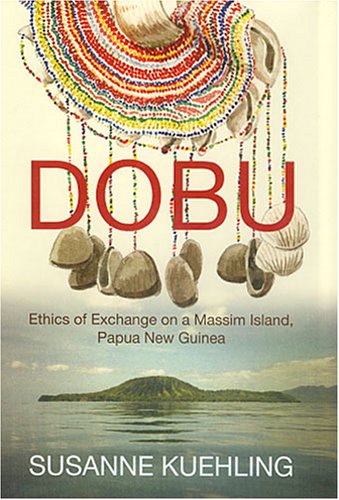

Most ebook files are in PDF format, so you can easily read them using various software such as Foxit Reader or directly on the Google Chrome browser.
Some ebook files are released by publishers in other formats such as .awz, .mobi, .epub, .fb2, etc. You may need to install specific software to read these formats on mobile/PC, such as Calibre.
Please read the tutorial at this link: https://ebookbell.com/faq
We offer FREE conversion to the popular formats you request; however, this may take some time. Therefore, right after payment, please email us, and we will try to provide the service as quickly as possible.
For some exceptional file formats or broken links (if any), please refrain from opening any disputes. Instead, email us first, and we will try to assist within a maximum of 6 hours.
EbookBell Team

4.3
28 reviewsThe book examines major aspects of exchange such as labor, mutual support, apologetic gifts, revenge and punishment, kula exchange, and mortuary gifts. It discusses in detail the characteristics of small gifts (such as betel nuts), big gifts (kula valuables, pigs, and large yams) and money as they appear in exchange contexts.
The ethnography begins with an analysis of the construct of the Dobu person, and sets out to examine everyday practices and values. The belief system (incorporating witches, sorcerers, and a Christian God) is shown to have a powerful influence on individual conduct due to its panoptic character. The institutions that link Dobu with the outside! world are examined in terms of the ideology concerning money: the Church receives offerings for God; the difficulties faced by trade-store owners evince conflicting notions concerning monetary wealth.
The last two chapters delve into lived experience in two major domains of Dobu exchange. Kula is presented in the narrative of the journey to Duau, exploring the knowledge that matters for kula traders and experiential sensations that are a motivational factor for engaging in kula. The final chapter, based on the narrative of a sagali feast, examines the ideology of fatherhood in the light of Dobu concepts of love and duty. The caricature that was Fortunes "Dobuan" is finally laid to rest.